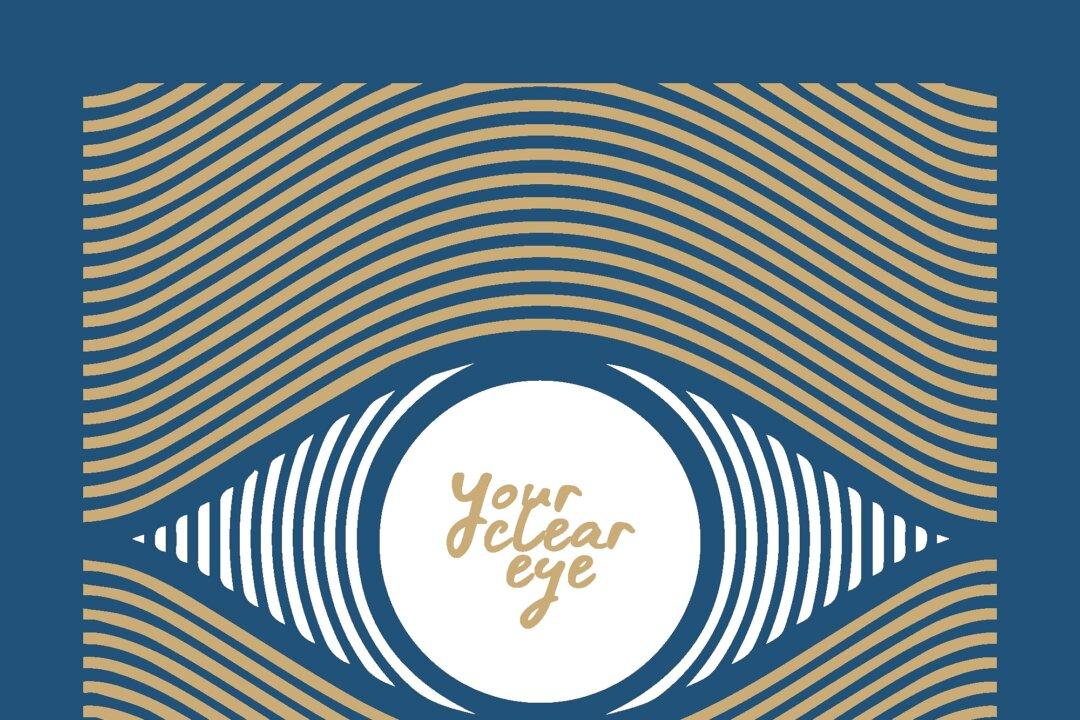Ricky Ian Gordon (b. 1956 in Oceanside, NY) has long been recognized as one of America’s leading composers of art songs and operas. His opera of “Grapes of Wrath” was a triumph when it was performed in a concert version at Carnegie Hall in 2010. Among his exciting works in progress is the opera “Intimate Apparel” with a libretto by Lynn Nottage, commissioned by The Metropolitan Opera in New York.
Gordon first heard soprano Jennifer Zetlan at the Juilliard premiere of Ned Rorem and Sandy McClatchy’s opera “Our Town” and later in Nico Muhly and Craig Lucas’s “Two Boys” at the Metropolitan Opera. He states in the liner notes: “Again, her clarion tone combined with her honest simplicity amazed me.” Gordon got the chance to work with her on his opera, “Morning Star.” Afterward, he decided to make a recording with her of his songs accompanied by himself on piano.






